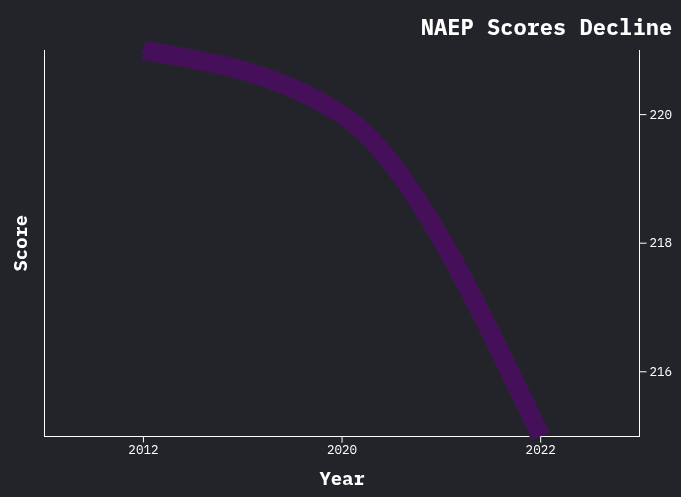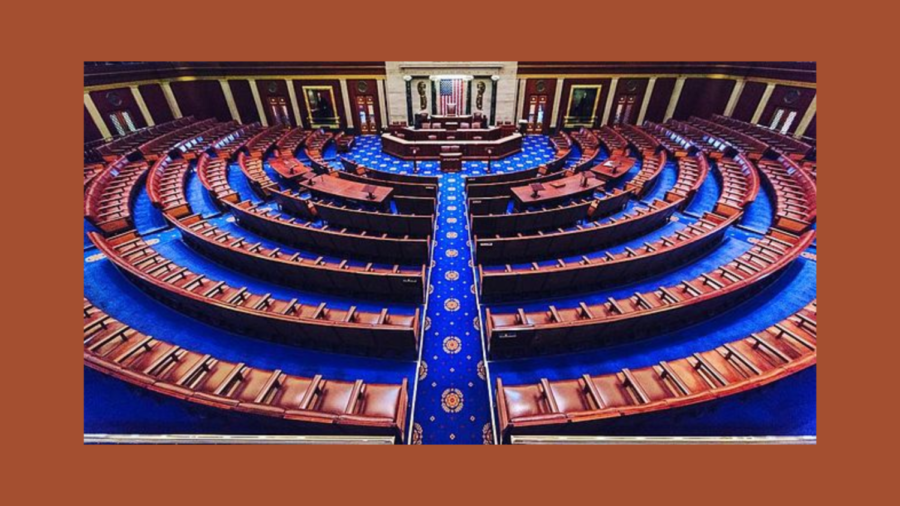Changes in the US House
With a majority of 216 votes, GOP congressman Kevin McCarthy was elected to be the 55th Speaker of the United States House of Representatives, effectively beginning the 118th Congress, on Jan. 7. The victory for McCarthy was not swift, however, coming only after four days of voting in which he failed to gain a majority on 14 ballots.
Despite Republicans gaining the House majority with 222 seats during the November midterms, a struggle to secure the majority vote for the House Speaker arose from the intra-party conflict.
The inciting party included 20 members of the conservative House Freedom Caucus who chose to nominate Florida representative Byron Donalds rather than vote for McCarthy. These 20 members refused to change their votes unless certain concessions were made.
Known concessions made include requiring only one member to introduce a motion to vacate the speaker when it previously required five and a 72-hour window for new bills to be read. The concessions also included promises for the creation of a new committee to investigate the weaponization of the FBI, more single-subject bills, and a guarantee that the debt ceiling would not be raised in the next federal budget agreement.
Since McCarthy’s win on Jan. 7, the 118th Congress has established one new select committee and one new select subcommittee, as well as passed a funding act onto the Senate. The bill passed in the House on Jan. 9 and both committees were established on Jan. 10.
The funding act titled the Family and Small Business Taxpayer Protection Act propose to rescind over $70 billion of the $80 billion of funding granted to the IRS in the Inflation Reduction Act passed last August. The previous funding would have reportedly gone towards the hiring of 87,000 IRS employees. Supporters of the act claim that restricting the growth of the IRS protects middle-class Americans from the increased auditing and harassment, while opponents claim a lack of growth allows high-income Americans to more easily avoid paying taxes, therefore increasing the national debt.
The newly formed committee is the Select Committee on Strategic Competition between the United States and the Chinese Communist Party (CCP), which will seek to focus on both economic and security competition with China both internationally and domestically. The committee will be chaired by Rep. Mike Gallagher.
The subcommittee, officially the Select Subcommittee on the Weaponization of the Federal Government, seeks to investigate apparent abuses of power by federal agencies. The subcommittee will be looking at alleged collusion between federal agencies and private companies to suppress political viewpoints. The subcommittee is chaired by Rep. Jim Jordan.
At less than a month old, and with a shift in power to an apparently divided GOP, the future and effectiveness of the 118th Congress are yet to be clear.
Your donation will support the student journalists of Fuquay-Varina High School. Your contribution will allow us to purchase equipment and cover our annual website hosting costs.


















































